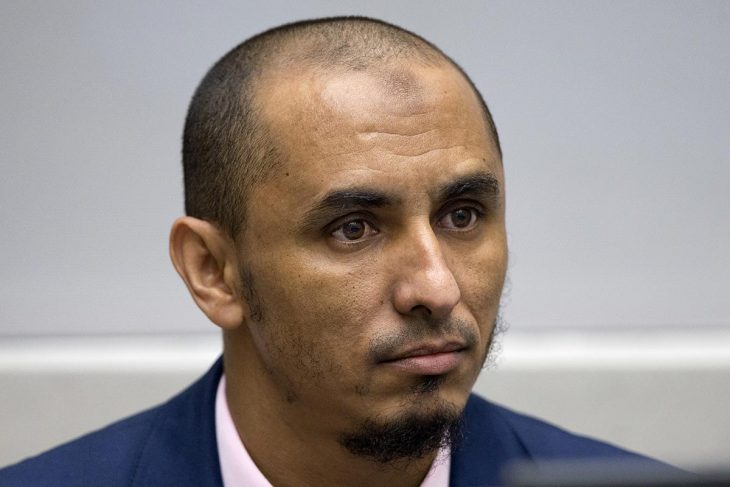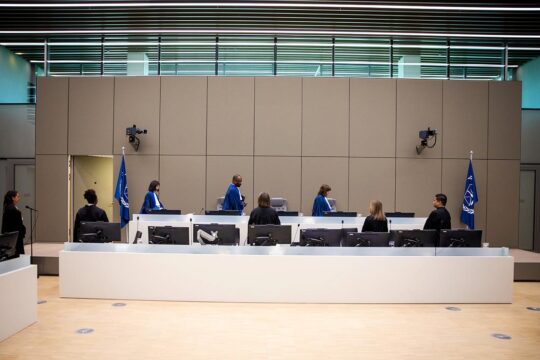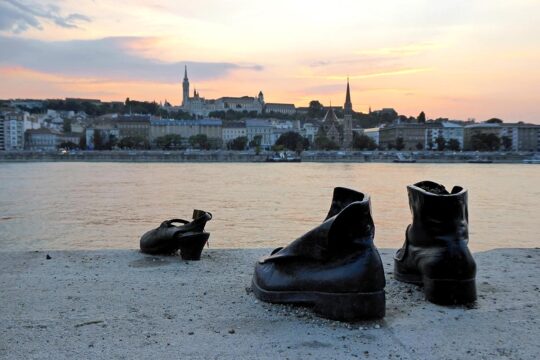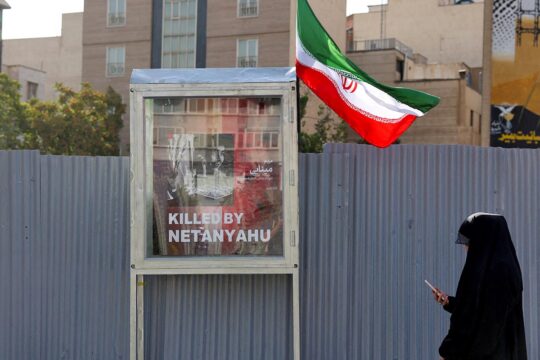The trial of a Malian jihadist accused of demolishing Timbuktu's fabled shrines and unleashing a reign of terror begins at the International Criminal Court on Tuesday.
Al Hassan Ag Abdoul Aziz Ag Mohamed Ag Mahmoud, 42, has been charged with war crimes, crimes against humanity, rape and sexual slavery.
The charges cover a period when Islamic fundamentalists exploited an ethnic Tuareg uprising in 2012 to take over cities in Mali's volatile north.
Prosecutors at the tribunal in The Hague will give their opening statement against the man they described in pre-trial hearings as having "terrorised" local residents.
The defence and the legal representatives of alleged victims will deliver their statements at a later date when evidence is presented to the court.
Because of the coronavirus pandemic some participants in the trial will take part remotely, and it was unclear whether Al Hassan would personally be in court.
Jihadists who swept into Timbuktu, dubbed the "Pearl of the Desert", considered the shrines there to be idolatrous and wrecked them with pickaxes and bulldozers.
Built between the fifth and the 12th centuries by Tuareg tribes, Timbuktu has also been dubbed "The City of 333 Saints" who were buried there during the golden age of Islam.
'Essential, undeniable role'
ICC prosecutors said there were "substantial grounds" to convict Al Hassan for "crimes against humanity... torture, rape, sexual slavery (and) other inhumane acts including, inter alia, forced marriages, persecution and war crimes."
"Al Hassan played an essential and undeniable role in the system of persecution established by the armed groups... in Timbuktu," ICC chief prosecutor Fatou Bensouda said last year.
The jihadist police imposed draconian measures on the city's residents who lived in constant fear of "despicable" violence and repression, prosecutors said.
They cited an example in which a man had his hand amputated after he was accused of petty theft.
Al Hassan is the second Islamist extremist to face trial at the ICC for the destruction of the Timbuktu shrines, following a 2016 landmark ruling at the world's only permanent war crimes court.
In the court's first case to focus on cultural destruction, the ICC judges found Ahmad al-Faqi al-Mahdi guilty of directing attacks on the UNESCO World Heritage site in 2012.
He was sentenced to nine years in jail.
Timbuktu's tombs were rebuilt after the jihadists were thrown out, but the city remains in the grip of insecurity and tourists who once flocked there are now scarce.






